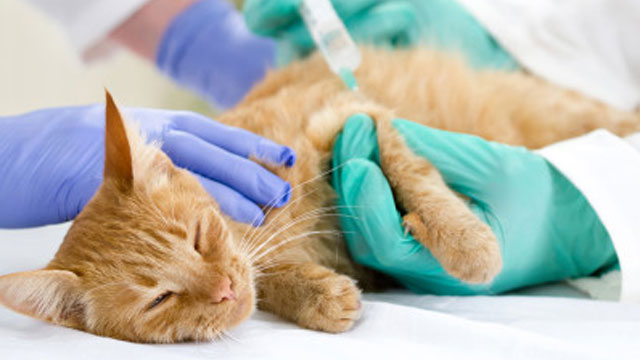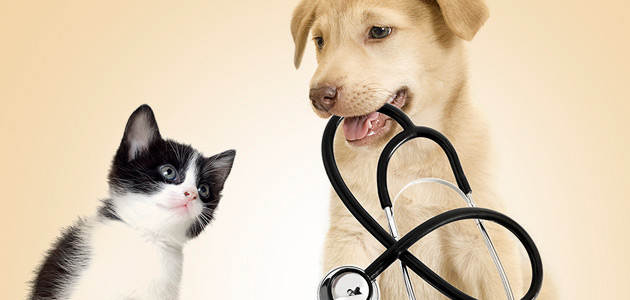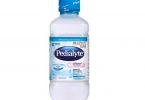One of the most tragic things that can happen to your pet is to see them gone and no one wants to go through that pain. With that idea in mind we wrote a guide on how to protect your pet: common causes of sudden death and hopefully this will allow you to prevent this misfortune.
From a veterinary standpoint, the term “sudden unexpected death” is used in cases when death occurs without any explanation but it doesn’t necessarily meant that it was instantaneous. An animal that appeared to be healthy that dies within several minutes or hours due to a preexisting disease or functional disorder then falls into this category.
This is sadly a common occurrence in farm animals since there is a large range of bacterial infections that can appear but it is also sometimes happening with house pets like cats or dogs. Even if it can theoretically appear due to disease in any physical system, research has narrowed the causes down to some which are more predominant.
Causes and Prevention

Regular check-ups once a year for pets who are young and twice a year if the pet is older will by a good way of preventing general problems. This is the same as we are required to do if we want to know when something is wrong and our pets should be treated similarly.
Traumatic causes like road traffic accidents or the high-rise syndrome (when animals fall from high places) can lead to bone fractures, internal hemorrhage and many other lesions and this is a risk that outdoor animals will face constantly.
Non-traumatic causes are more difficult to determine and for cats and dogs the leading cause of sudden death is cardiovascular disease but underlying respiratory tract problems are also a very frequent cause. Let us look in more detail at these causes and how to prevent them as much as you can.
Heart Disease
The disease of the heart muscle along with abnormal heart rhythms and blood clots are the most common cause of sudden death in pets and especially dogs are prone to this problem. The cardiac tamponade is also a condition that can be experienced by pets and it occurs when fluid collects in the sac surrounding the heart so that it blocks the expansion of the heart. Heart attacks can happen if a blood clot forms in the coronary artery and blocks the blood flow to the heart muscle but they are more common for humans than for pets.

The major problem here is that heart disease cannot be completely cured but if it has been diagnosed then it can be managed through medication and a proper diet so its progress will be slowed significantly.
Some breeds have higher risks of certain diseases so ask your veterinarian which are the tests your pet should perform more frequently and also for the symptoms that you have to pay extra attention to.
Internal Bleeding
Traumatic injuries can lead to internal bleeding and these can lead to the pet suddenly dying. If a pet is hit by a car this is very likely but there are also different types of rodenticides that can poison the pet and lead to the same outcome. One other source of internal bleeding can be cancer, the type called hemangiosarcoma in particular, since it can spread into the vital organs and even if the pet behaves normally they might have a tumor burst and collapse.
To prevent these injuries can be quite a challenge, especially if the pet is outdoors for a long time and if there are high rise places in the vicinity from which they can fall. If you use a leash when going for a walk with the dog and also ensure that all the window screens are safely in place then these can prevent some unfortunate accidents.
Toxins
Poisoning is frequent with pets and the main ones are prescription medication, certain foods like chocolate, onions, garlic or grapes as well as the sweetener xylitol or alcoholic beverages. If you live in a rural area then snake bites can also lead to the death of your pet and if you know that they have been bitten then going to the vet immediately can help them survive.

There are clinical signs for most of the toxins and thus you can hopefully do something about it but the first step is to identify the toxin. With rat poison there are seizures, trouble breathing and an overall paleness but there are also many that don’t show any symptoms so the best bet is obviously prevention.
The first protection is by learning which foods, plants, household products and medication pose risks to the pets and keep them far from their reach by any means at your disposal. Just as with the previous point in our discussion though, this is much more difficult to do if your pet spends a lot of time outdoors.
Heartworms
Mosquitoes can transmit heartworms to your cat or dog through a simple bite and they can cause the caval syndrome. This syndrome can cause heart failure since it blocks the blood flow and then the respiratory collapse could probably end your pet’s life.
There are symptoms that develop in the process such as coughing, difficulties breathing, a loss of weight and pink gums, but most of these are easy to miss or mistake for something else. The good news is that there are several ways in which they can be prevented so talk to your pet and see which method works best for your pet.
Bloating

This is something that is more common for dogs than for other animals and it is a twisting of the stomach that can appear due to trapped gas. The exact causes are unknown even after extensive research but some suspect that it could happen if your pet ate too much, drank too much water or is overanxious. Others talk about a genetic component but it just isn’t clear.
Among the dog breeds, the ones who have a deep chest and a large size are more prone to have this and the usual systems are a swollen stomach, excessive drooling and dry heating. If you see these signs then consult your vet as soon as possible since they can escalate very quickly.
If you want to learn more about the subject also check:
http://www.parrymedicalwriting.com/wp-content/uploads/2011/09/17-sud-cpd-1-copy.pdf
http://www.gopetsamerica.com/dog-health/causes-of-sudden-death-in-dogs.aspx






Leave a Comment